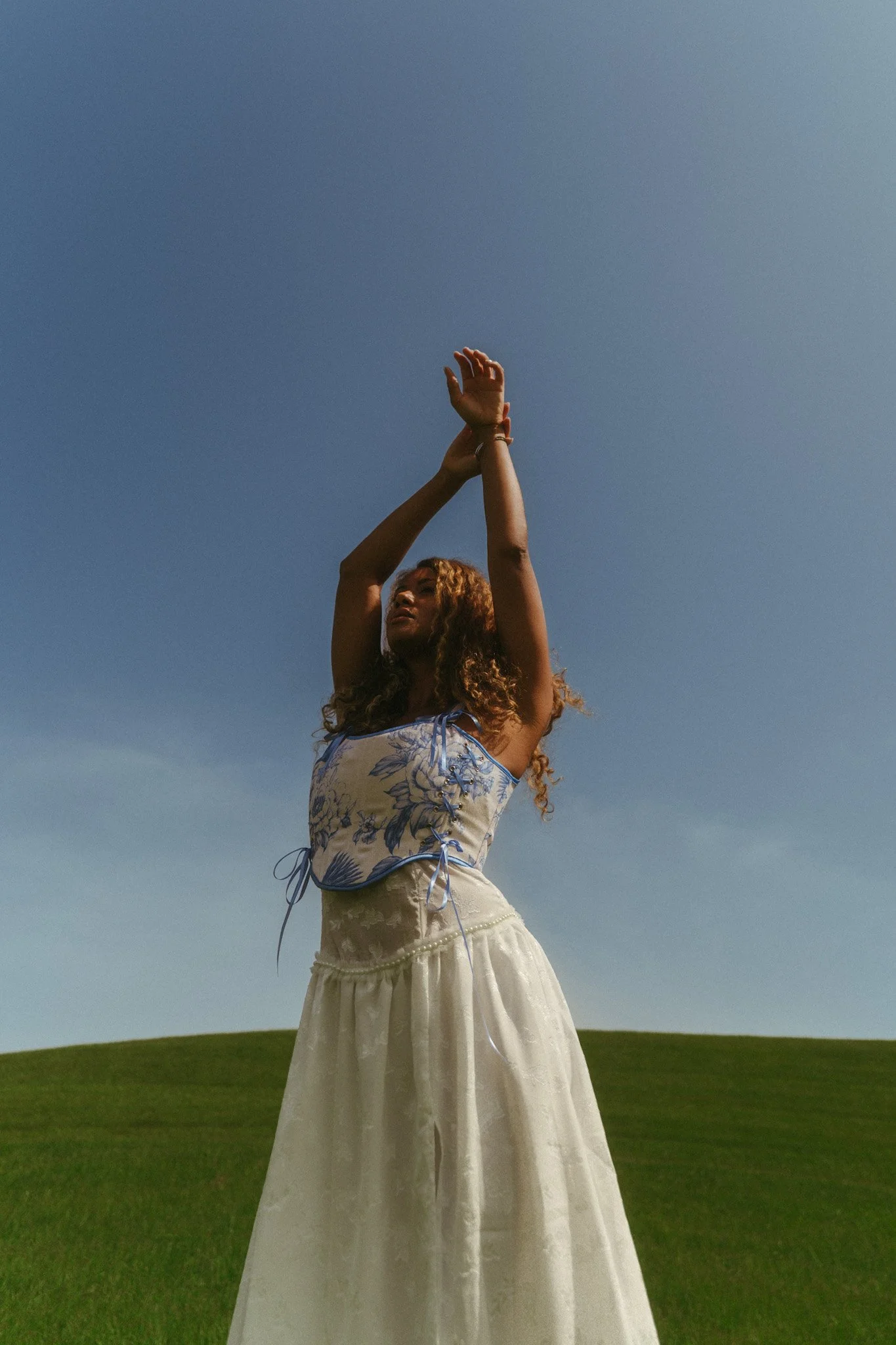From Florida Heat to Soul-Deep Breeze: Rahmatou Claims Her Wind
Before a storm, there is an eerie stillness in the air, that strange hush that takes over after the atmosphere thickens and even static seems alive. Rahmatou is familiar with that silence. There is no way not to become intimate with it; she has lived in it, lived with it, wrestled with it, and from it, she has made Wind Will Be Mine - this song that feels like less of a single and more of a personal reckoning set to music.
Rahmatou grew up in hot, humid Florida where, in a fleeting gust of wind, she could feel herself liberated. "It was hot that day," she reflects. "The wind was freedom." That singular moment, that basic sense of a feeling, became the emotional center of Wind Will Be Mine. Within thirty minutes she fleshed out the structure of the song; a song that addresses being in the midst of a calamity and still claiming one's air.
The record breathes due to its honesty. There are no bells and whistles of grand production tricking the listener into the truth of what they are hearing — there is only Rahmatou’s voice, both gritty and graceful at once. You can hear the undercurrent of struggle in her pauses, you can feel the ache by the way she stretches syllables, as if trying to hold onto the winds of freedom just a little longer.
In an age where pop music languishes with pain, seldom escaping, Wind Will Be Mine breaks the cycle. This song is about rising rather than drowning, and the lyric sounds like "a confession turned into a mantra," equally prayer and rebellion.
Rahmatou’s story isn't plasticine; it is concrete and ash and beer-stained nights where she learned freedom meant not being found, but remembered. “Singing for the moments when we break,” she says softly, “and then we rise again.” Rahmatou’s music subtly elicits the power of the promise that calm air will lead to the wind again; wind is coming.

